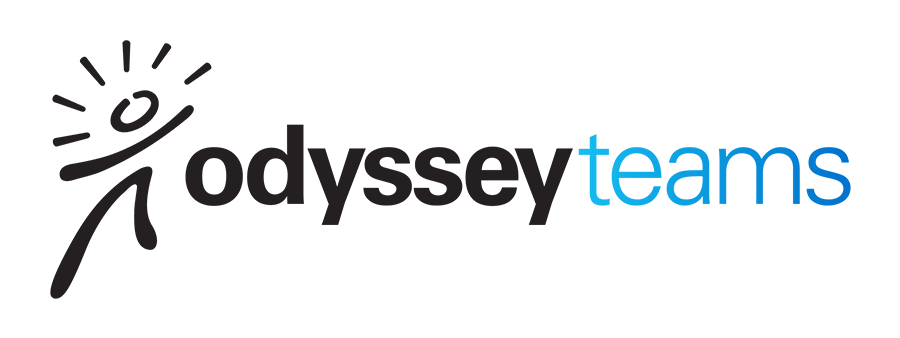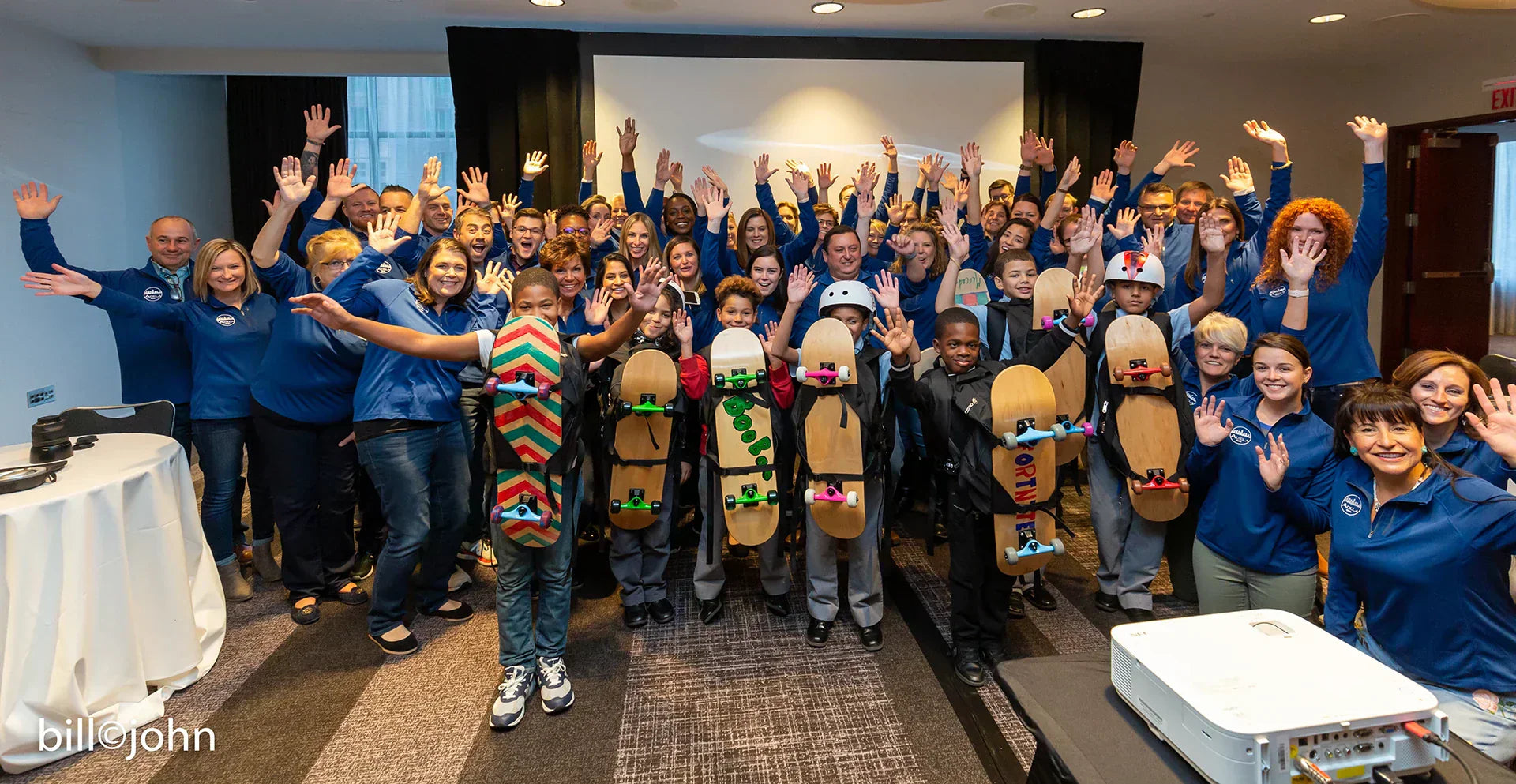In 2026, as remote and hybrid work continue to shape how organizations operate, team building has become more than a nice‑to‑have—it’s essential. With employees spread across locations, time zones, and fewer in‑person touchpoints, effective team building becomes the glue that keeps teams aligned and connected.
But this isn’t about scheduling another Zoom happy hour or virtual scavenger hunt. The most impactful team building in 2026 centers around three powerful motivators: career, community, and cause. When your activities are built around these pillars, you create deeper engagement, stronger loyalty, and better performance.
Let’s explore why these pillars matter and how you can design team-building strategies that connect, inspire, and grow your workforce—especially in remote and hybrid work environments.
The Evolving Need for Team Building in 2026
As companies continue to navigate remote-first or hybrid cultures, the cracks in connection and culture are becoming more visible. Employees are seeking more than just job security—they want career development, a sense of community, and to be part of something with meaning.
Why is team building more important now?
-
Remote teams often lack day-to-day connection and bonding.
-
Hybrid teams face communication gaps between on-site and remote employees.
-
Generational shifts and diverse workforces require thoughtful inclusion and engagement.
These challenges mean that leaders must get serious about team-building activities for career development in 2026, building community in remote teams, and integrating social causes into their team culture.
The Three Pillars of Effective Team Building
Groundbreaking research—like that from a 2018 Harvard Business Review article by Facebook’s people analytics team—identified three core motivators across all employee demographics: Career, Community, and Cause. These aren’t passing trends; they’re foundational to how people find fulfillment at work.
1. Career: Supporting Employee Growth and Development
In 2026, your employees want more than tasks—they want meaningful career development. Remote work offers flexibility but can leave employees feeling invisible or stagnant without opportunities for growth.
How to build teams through career development:
-
Facilitate goal-sharing sessions during team meetings.
-
Offer virtual mentorship programs to connect senior and junior staff.
-
Host team-building workshops that align with upskilling or leadership development.
When team members feel their skills are growing and their contributions matter, they’re more motivated and loyal—especially when working from a distance.
2. Community: Creating Personal Connections in Distributed Teams
Even with great tools, remote and hybrid teams can struggle to feel like they belong. Community is about emotional connection, trust, and inclusion—and building that takes more than scheduled check-ins.
How to build community in remote and hybrid teams:
-
Use breakout groups for non-work conversations.
-
Run team-building exercises for hybrid teams that are designed for both in-office and remote participants.
-
Include DEI-focused activities that honor team members' unique identities.
These simple but thoughtful strategies help employees feel seen, valued, and part of something real—even through a screen.
3. Cause: Instilling Purpose Through Meaningful Work
Purpose is powerful. When your team understands the why behind their work, it becomes easier to care, collaborate, and contribute. In 2026, younger and older generations alike want to feel like they’re part of something bigger.
How to build purpose-driven teams:
-
Organize a team volunteering event, like a Bike Build or Prosthetic Hand Build.
-
Share customer impact stories in team meetings.
-
Partner with nonprofits for shared virtual initiatives.
When team building taps into meaningful causes, it turns collaboration into something memorable—and deeply human.
How to Apply This Team Building Framework
Here’s how to start applying the career, community, and cause model in your own team, whether they’re fully remote, fully onsite, or somewhere in between:
1. Career – Connect the Dots Between Individual Roles and Big Goals
In your next team meeting, show how each team member’s contributions align with the company’s mission and 2026 objectives. Use tools like The Team Mosaic to visually represent individual impact.
2. Community – Strengthen Team Relationships Through Shared Experiences
Choose activities tailored to your team’s dynamics. Consider factors like:
-
Remote vs. onsite participation
-
Generational mix
-
New team members or leadership
-
Inclusion and diversity needs
Create a balance of work-focused and human-centered interactions. Fun is still important—but depth builds trust.
3. Cause – Anchor Your Team Around a Shared Purpose
Use give-back programs to inspire your team. Options include:
-
Charity builds (like assembling skateboards or prosthetic hands)
-
Sustainability projects
-
Impact storytelling during meetings
Tapping into a cause reminds your team of the real-world difference their work can make.
Conclusion: Your 2026 Team Building Strategy Starts Here
The future of work isn’t just remote—it’s relational, intentional, and purpose-driven. In 2026, team building is no longer a perk. It’s a strategic imperative.
By focusing on:
-
Team-building activities for career development in 2026
-
Building community in remote teams
-
Team-building activities for social causes
…you’ll create a work culture that fuels performance, retention, and real connection.
What team-building strategies are working for your organization in 2026? Have you found creative ways to build career paths, community, or purpose across remote or hybrid teams? Share your wins—or your questions!


Share:
15 Creative Team Building Questions to Build Trust at Work
Odyssey Teams: Building Authentic Leadership Through Experiential Learning